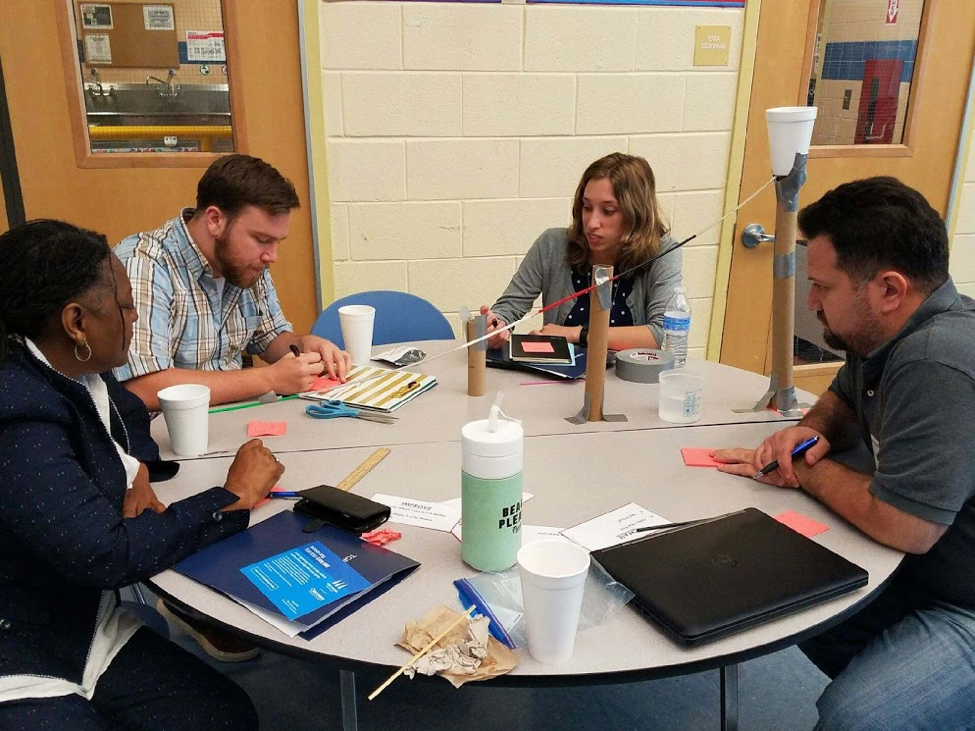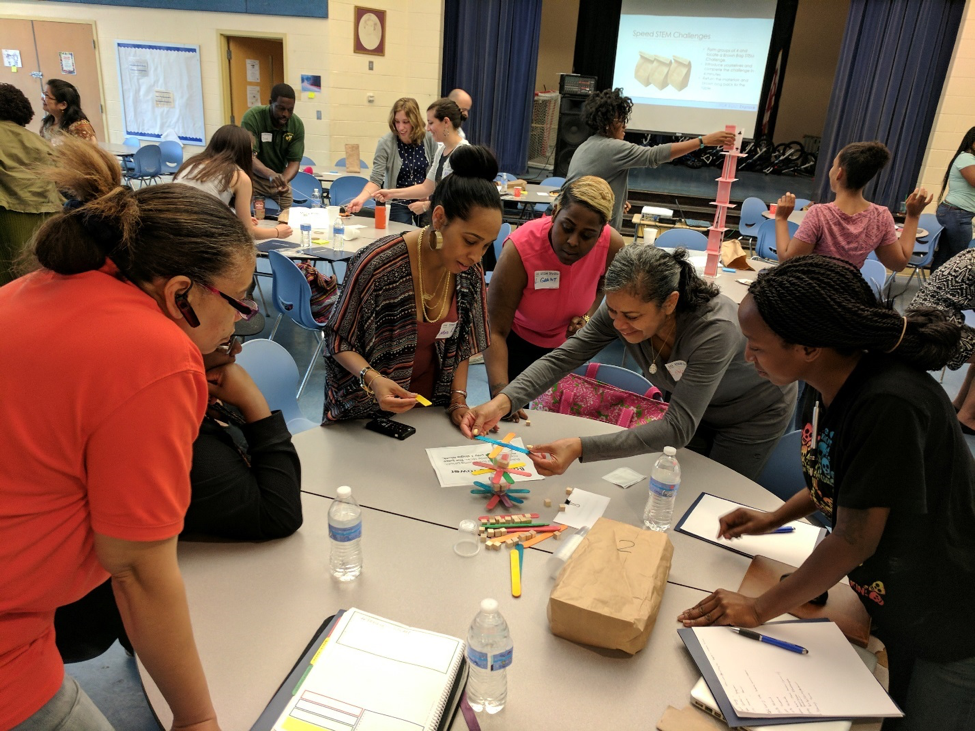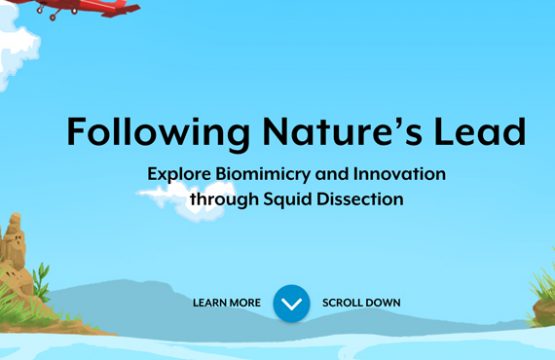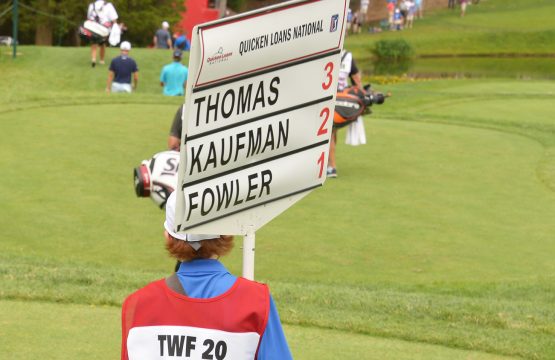STEM Studio D.C. – Educator Growth Through the Student Lens

On June 15-16, TGR EDU: Create delivered STEM Studio in Washington D.C., a free two-day professional learning experience in STEM education based on best practices in lesson design and inquiry-based learning from Tiger Woods Foundation curricula. Learn more from TGR EDU: Create’s director David Tong about how we’re working with educators to improve STEM learning for students everywhere.
Students experience new journeys each year as they progress through the next grade level, take on challenging subjects and extra-curricular programs, and celebrate their accomplishments. For many, the motivation to push through originates with a clear vision of what they define as success- whether it means obtaining their dream career, attending a university or having the resources to support their own family. Just like our students, it becomes important as educators to continue our path with professional learning. Spending initial countless hours of lesson planning and grading, the daily routine becomes almost natural and even repetitive. How can we ensure that instructional strategies and content are still effective? With continuous innovation throughout the STEM field, how do we provide our students with the necessary skills to be successful in their future careers?
TGR EDU: Create encourages teachers to leave their comfort zone and engage in new learning experiences to spark ideas in their own classrooms. On June 15-16, TGR EDU: Create delivered STEM Studio in Washington D.C., a free two-day professional learning experience in STEM education based on best practices in lesson design and inquiry-based learning from Tiger Woods Foundation curricula. Hosted at Miner Elementary, STEM Studio engaged 40 educators in grades K-12 from the D.C. area through hands-on STEM challenges, instructional strategy discussions and lesson design reflection.

With some teachers still finishing up the school year and others just starting their summer, each teacher brought their own unique teaching experiences and perspectives. STEM challenges included developing a mechanical arm composed of cardboard and various classroom materials, producing a pipeline using cardboard tubes that delivered 100ml of water across 3 meters and creating a balloon vehicle that demonstrated Newton’s 3rd Law of Motion.
Teachers took on these projects through the lens of the student and shared not only moments of success, but also periods of frustration when their original design did not produce the anticipated results. During one reflection, a teacher expressed that these projects reminded her of the struggles that her own students will need to work through in order to build their capacity as 21st century learners.
To promote continuous improvement in instructional content, STEM Studio facilitated a lesson design session that gave teachers the opportunity to enhance existing lessons to increase student engagement and understanding. Support strategies included utilizing inquiry-based learning questions, incorporating the engineering design process and referencing interdisciplinary STEM lessons from TGR EDU: Explore. Teachers collaborated to receive meaningful feedback with perspectives coming from various grade levels and subject areas that led to possibilities of cross-curricular lessons. After two intensive days of STEM Studio, participants stretched their minds beyond their classroom walls and welcomed unfamiliar challenges to promote professional growth.
Redefining what it means to be a champion.


